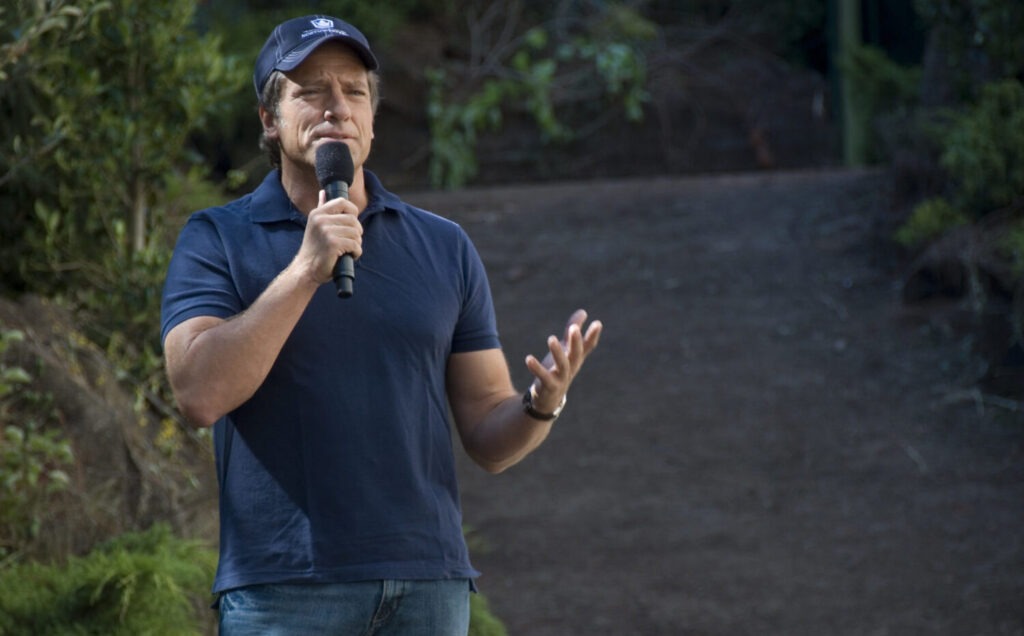TV icon Mike Rowe says higher education has ‘legacy’ problem, cites inflation in cost, credentialing and grading
Wildly popular TV host Mike Rowe says higher education in America suffers from a “legacy” problem in which four-year degrees don’t hold as much value as they once did.
That’s in part…

Wildly popular TV host Mike Rowe says higher education in America suffers from a “legacy” problem in which four-year degrees don’t hold as much value as they once did.
That’s in part because degrees are not as difficult to get, even as they become more expensive, says Rowe. Citing today’s GPAs at Harvard, Rowe, best known as a champion for blue-collar jobs, complained “inflation” isn’t just part of the American economy.
Noting the average GPA today at Harvard is 3.8, Rowe told Fox News, “When we were in school, back in 1955, that number was 2.55.”
Figures compiled by The Harvard Crimson back up Rowe’s contention. In 1889, the average GPA at Harvard was 2.46 and slowly gained until about 1967, when it stood at 3.0. Since then, Harvard GPAs have rocketed to 3.8, reports the Crimson.
“Inflation is not limited to our economy,” says Rowe. “There’s a credential inflation. There’s a grade inflation. There’s a legacy problem over there.”
Rowe mentioned some companies are now downgrading their degree requirements. A survey published in November by Intelligent.com found 55% of companies eliminated bachelor’s degree requirements in 2023, while 45% said they will eliminate more bachelor’s degree requirements in 2024.
The survey found “4 in 5 employers value experience over education when evaluating job candidates.”
“That’s big. It’s really big,” said Rowe. “So, I believe that we’re seeing a giant reckoning through the lens of PR, where parents are going to look at the cost of a four-year degree.”
But the trend of diminishing value in college degrees is being driven mostly by businesses dissatisfied with college graduates and their readiness to work. A December Freedom Economy Index found a large majority of small businesses think college graduates have unrealistic expectations about working life.
Sixty-three percent of businesses said college grads have unrealistic expectations about salary levels; 62% said college grads have difficulty adjusting to the amount of work hours required; and 50% said college grads have the wrong expectations about the difficulty of work to be performed, according to a statement by the survey’s sponsor, Red Balloon.
Fox News also reported costs associated with childcare are now outpacing the costs of a college education.
“Look, I mean, I’ve been hearing a lot lately about why are people having kids [because it’s so expensive]?” asked Rowe. “What the heck’s going on? And I’m probably the last one you want to ask that, since I don’t have any. But man, I get it. You start looking at the numbers. Like what actually happened?”



